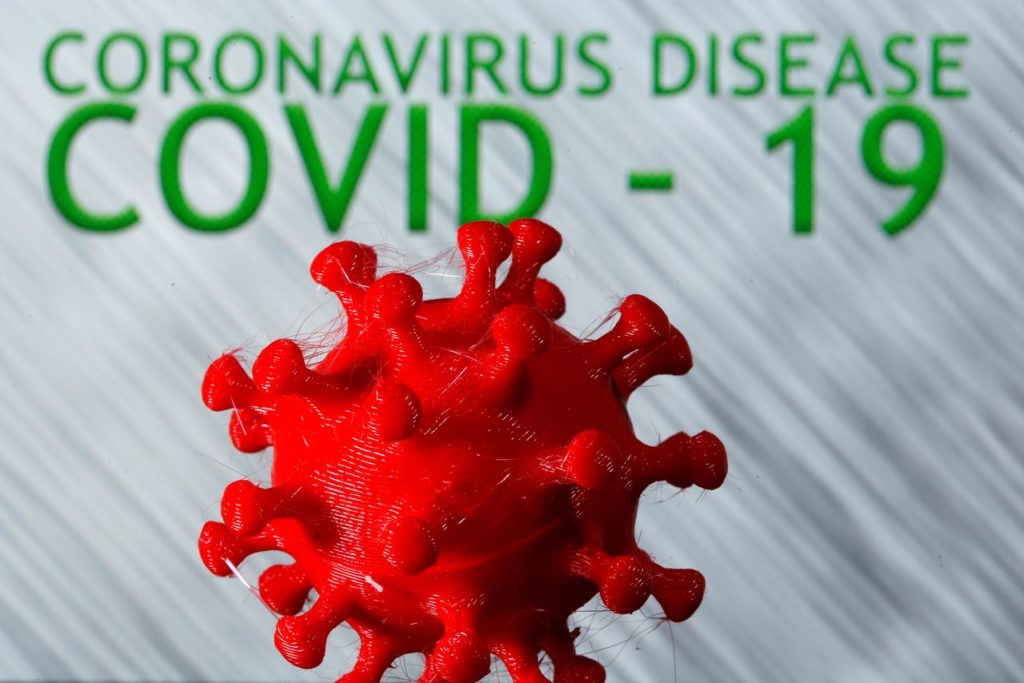Even Mild Covid-19 Can Cause Brain Shrinkage, Says Study
Mar 9, 2022 | Pratirodh Bureau
The research, published in the journal Nature, looked at changes to the brain on average 4.5 months after a mild SARS-CoV-2 infection. Using data from 785 participants in the UK Biobank, a large-scale biomedical database and research resource, the researchers found tissue damage and greater shrinkage in brain areas related to smell
Even mild infection with SARS-CoV-2, the virus that causes COVID-19, can lead to shrinkage in brain areas related to smell, according to a study led by researchers at the University of Oxford.
The research, published in the journal Nature on Monday, looked at changes to the brain on average 4.5 months after a mild SARS-CoV-2 infection.
Using data from 785 participants in the UK Biobank, a large-scale biomedical database and research resource, the researchers found tissue damage and greater shrinkage in brain areas related to smell.
This new insight into the damaging effects of COVID-19 will contribute to the overall understanding of how the disease spreads through the central nervous system, the researchers said.
Whether these effects persist in the long term, or are partially reversed, requires further investigation, they said.
Previous studies have shown that COVID-19 may cause brain-related abnormalities, but most studies have focused on hospitalised patients with severe disease, and have been limited to post-infection data.
The researchers noted that the effects of SARS-CoV-2 on the brain in milder cases were unknown until now, and investigating these cases could reveal possible mechanisms that contribute to brain disease or damage.
The study participants were aged 51-81 and underwent two brain scans, on average 38 months apart, as well as cognitive tests.
A total of 401 participants tested positive for infection with SARS-CoV-2 between their two scans, of which 15 were hospitalised.
The remaining 384 individuals, who did not get infected, were similar to the infected group in age, sex, and many risk factors, including blood pressure, obesity, smoking, socio-economic status and diabetes.
The study identified a number of effects, on average 4.5 months following infection, including a greater reduction in grey matter thickness in the regions of the brain associated with smell.
The participants who had COVID-19 also displayed evidence of greater tissue damage in regions connected with the primary olfactory cortex, an area linked to smell, and a reduction in whole brain size.
These effects ranged from 0.2 to 2 per cent additional change compared with the participants who had not been infected.
On average, the participants who were infected with SARS-CoV-2 also showed greater cognitive decline between their two scans, associated with the atrophy of a specific part of the cerebellum, a brain structure linked to cognition.
The authors studied people who developed pneumonia not related to COVID-19, showing that the changes were specific to COVID-19, and not due to the generic effects of contracting a respiratory illness.
“Using the UK Biobank resource, we were in a unique position to look at changes that took place in the brain following mild, as opposed to more moderate or severe-SARS-CoV-2 infection,” said Professor Gwenaelle Douaud, lead author of the study.
“Despite the infection being mild for 96 per cent of our participants, we saw a greater loss of grey matter volume, and greater tissue damage in the infected participants, on average 4.5 months after infection,” Douaud said.
The researchers also showed greater decline in their mental abilities to perform complex tasks, and this mental worsening was partly related to these brain abnormalities.
“Another strength of this study is that it investigated the same people at two different times,” said Professor Stephen Smith, senior author on the study, from Oxford’s Wellcome Centre for Integrative Neuroimaging.
“The fact that we have the pre-infection scan helps us distinguish brain changes related to the infection from differences that may have pre-existed in their brains,” Smith added.
